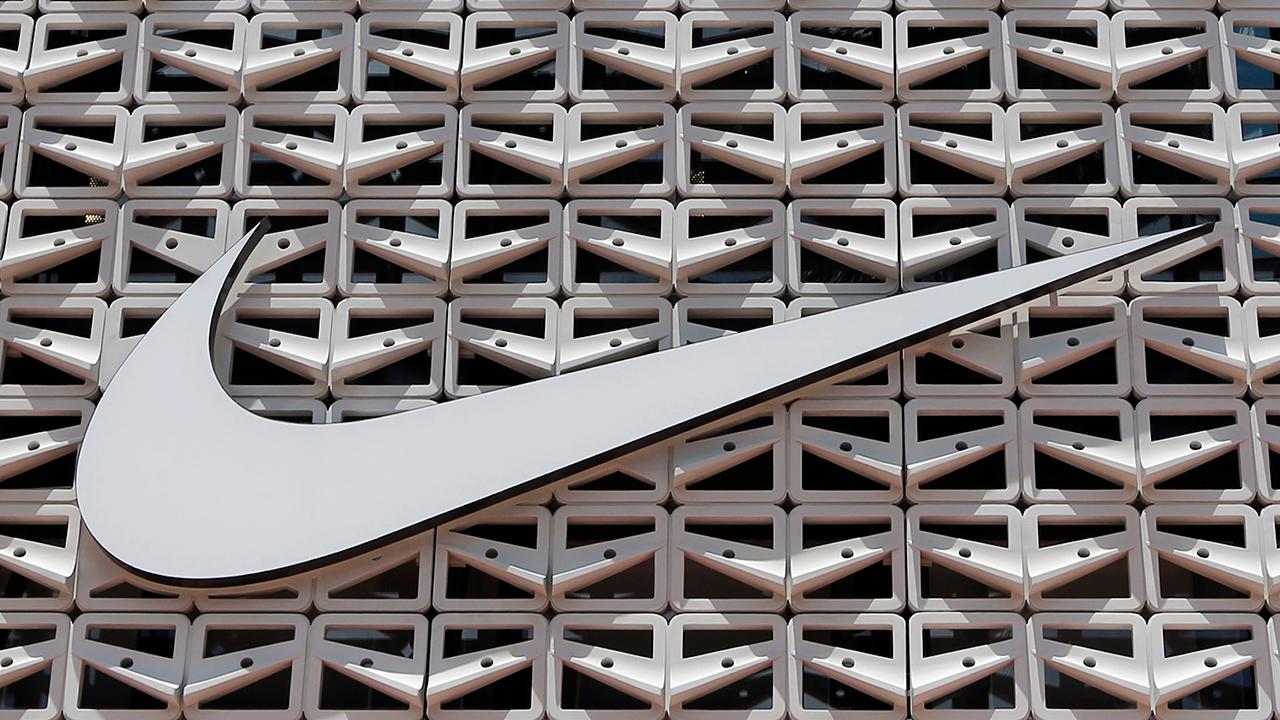Nike's $250 'Vaporfly' running shoe under investigation after record marathon performances
Nike has produced a running shoe so effective that several long-distance runners asked the International Association of Athletics Federations (IAAF) to investigate whether it provides an unfair advantage to its wearers during competition.
The Nike Zoom Vaporfly 4% played a central role in a pair of record-setting performances last weekend. Eliud Kipchoge, already the world record holder in men’s marathons, became the first person ever to run a 26.2-mile race in under two hours at an unofficial event in Vienna, Austria, while Brigid Kosgie set a new women’s world record by finishing in 2:14:04 at the Chicago Marathon.
Versions of the same sneaker were worn by the last five runners to break the official men’s marathon record. The trend prompted a “group of elite athletes” to raise concerns about the VaporFly’s impact on fair competition, according to The Times, a British outlet.
"The challenge for the IAAF is to find the right balance in the technical rules between encouraging the development and use of new technologies in athletics and the preservation of the fundamental characteristics of the sport: accessibility, universality and fairness,” the IAAF said in a statement.
Nike did not immediately respond to a request for comment on the situation.
While Kipchoge wore a prototype version of the Vaporfly during his unprecedented marathon performance, a base version of the sneakers are available for $250 per pair on Nike’s website. Initially available in 2016, Nike released an updated version of the sneaker last April.
The cutting-edge Vaporfly makes uses of a carbon fiber plate to boost “spring” and a higher-than-typical midsole made of an ultra-light foam designed to “increase energy return” – boosting a runner’s pace without having a debilitating effect on their leg muscles. Nike included the “4%” tag because the sneakers purportedly “lowered the energetic cost of running by 4 percent on average,” according to a scientific study commissioned by the company.
GET FOX BUSINESS ON THE GO BY CLICKING HERE
According to the IAAF’s rules, sneakers used in competition must be “reasonably available” to all runners and cannot provide “any unfair assistance or advantage.” So far, the organizing body has not ruled that the Vaporfly or its prototypes violate either maxim.
“Normally I don’t like to fall for marketing stuff, but if you look at the research and data, the shoes seem to have a big effect,” University of Houston track coach Steve Magness told the Washington Post.




















